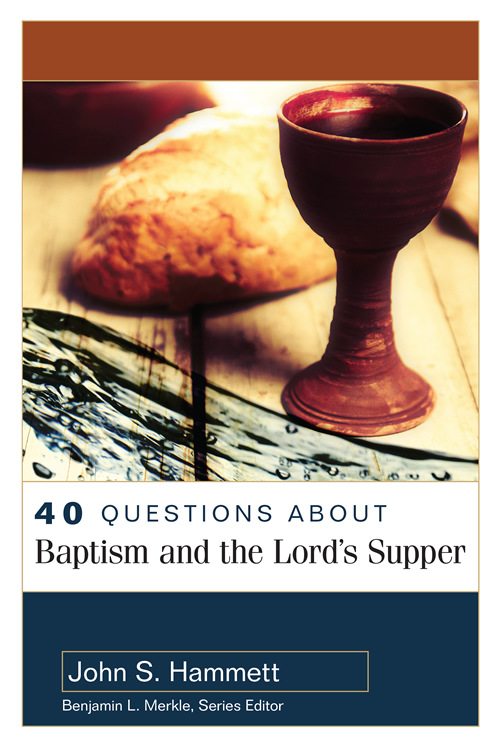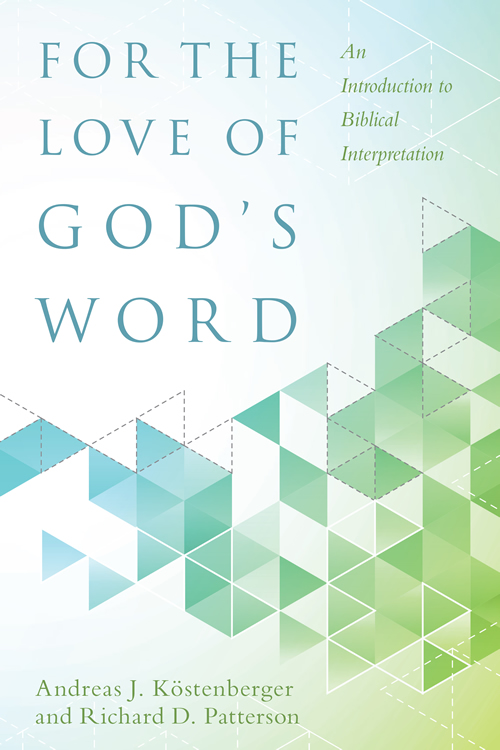Just as an observation, even though we’re here on the Internet. Be careful of the over digitalized life. Why?
In the past week, I’ve seen reports of:
1. Hackers shutting down a Jeep via remote. That’s right. The nightmare of ATMOS from Dr. Who wasn’t far-fetched, after all. I went for a ride today with a church member, and the car he was driving was entirely electronic. No real key. Every thing was digital and linked.
And I think someone with a bit of time and expertise could have shut the whole thing down. Consider how many more digital-linked cars are out there, and what would happen if the engine quit, right now, on every one of them? Never mind the tin-foil government concerns, like a California-mandated cap on mileage for ‘greenhouse’ purposes, the malicious baddies out there could wreak great havoc with that.
2. Researchers hacked the major “smart rifle” system out there. It’s a rifle system that’s digitally linked for long-range shooting, and computes all sorts of variables. Except that the hacking shut down the aiming, and could have retargeted the shot.
3. There’s a constant stream of news of employers, financial institutions, and even government agencies being hacked.
4. Then there’s church. Everything I get involved with eventually comes back around to what happens with church. Just as I’ve asked a few times before, what would happen to your church and the worship gathering you have if the power was out? For some of you, and if your back-up generator wasn’t working. (Seriously, there are some major problems in this world that you could have helped with before buying a backup generator to run your video projector.)
There’s a missing touch in the digital world. And we need to pay attention to that, and not overly vest our lives in the wiring. Don’t be so dependent on it that you can’t function…



